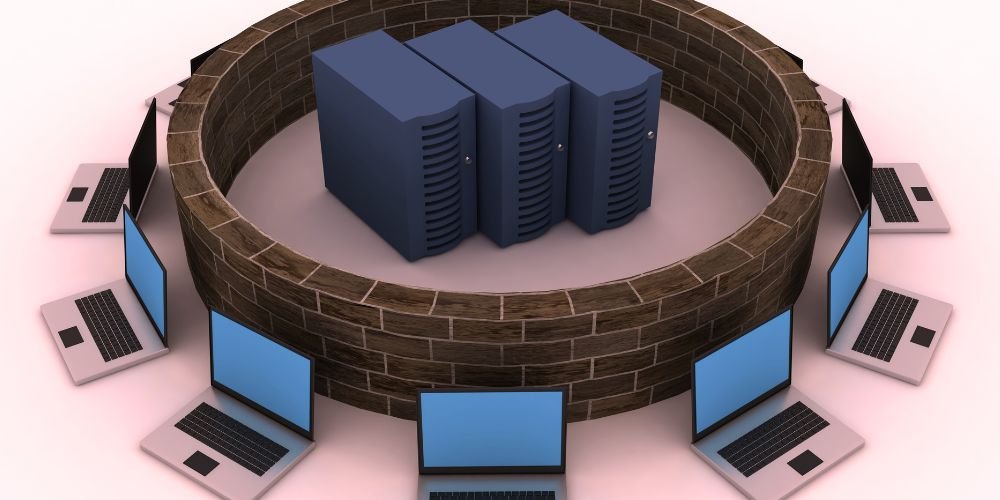Network-attached storage (NAS) devices have become indispensable tools for individuals and organizations seeking centralized storage solutions for their data management needs. NAS devices offer a convenient and efficient way to store, access, and share files across a network, providing scalable storage capacity, data redundancy, and advanced features for data protection and accessibility. This opinion piece will explore the significance and role of NAS devices in modern data management.
Centralizing Data Storage and Access
One of the primary advantages of NAS devices is their ability to centralize data storage and provide access to it across a network. Instead of relying on individual storage devices or cloud services, NAS devices provide a centralized repository for storing files, documents, multimedia content, and backups. They facilitate seamless collaboration, file sharing, and data access among multiple users or devices within a network, regardless of their physical location.
Scalability and Flexibility
NAS devices provide scalability and flexibility to meet the increasing storage needs of individuals and businesses. With support for multiple hard drives or storage bays, NAS systems can easily scale up to terabytes or even petabytes of storage capacity, allowing users to expand their storage infrastructure as their data requirements increase. Additionally, it supports various RAID configurations and storage management features, enabling users to optimize storage efficiency, performance, and data redundancy according to their specific requirements.
Data Protection and Redundancy
Data protection is a critical consideration for any storage solution, and NAS devices provide robust features to ensure data integrity and redundancy. NAS systems support RAID configurations, data mirroring, snapshotting, and backup capabilities, allowing users to safeguard their data against hardware failures, data corruption, or accidental deletion. Moreover, many NAS devices include built-in encryption, access controls, and remote replication features to enhance data security and compliance with regulatory requirements.
Streamlining Multimedia and Content Distribution
NAS devices are widely used for multimedia storage and content distribution, providing a centralized platform for streaming media, hosting websites, and sharing digital content. With support for multimedia applications such as DLNA, Plex, and iTunes servers, they enable users to stream music, videos, and photos to various devices, including smart TVs, media players, and mobile devices, without relying on cloud services or internet connectivity.
Conclusion
NAS devices play a vital role in modern data management, offering centralized storage solutions that are scalable, flexible, and secure. Whether individuals use personal file storage or businesses for collaborative work environments, it provides a convenient and reliable platform for storing, accessing, and sharing data across networks. As the volume of digital data continues to grow, the demand for NAS devices is expected to increase, driving further innovations in storage technology and data management solutions.







